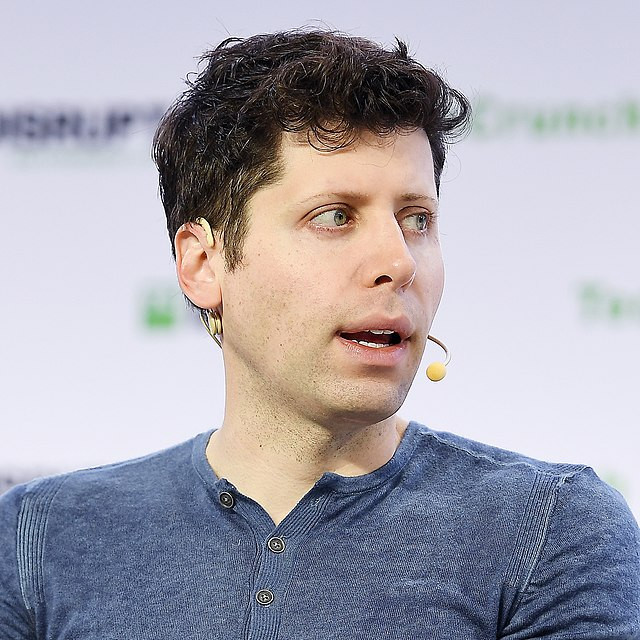Sam Altman has made a remarkable return to OpenAI as CEO, just days after his unexpected dismissal. The reinstatement follows a tumultuous period marked by an internal crisis and an employee revolt, raising significant questions about the direction and governance of one of the leading companies in the artificial intelligence industry.
The announcement, posted on X, revealed that OpenAI reached an agreement for Altman's return, accompanied by a new board chaired by Bret Taylor, former co-CEO of Salesforce, and including former Treasury Secretary Larry Summers and Quora CEO Adam D'Angelo. Altman expressed his eagerness to resume his role and build upon OpenAI's partnership with Microsoft, the company's largest financial backer.
Altman's initial ousting had sent shockwaves through the AI industry, igniting debates about the pace and direction of AI development. Tensions had reportedly escalated between Altman, who advocated for a more aggressive approach to AI, and some original board members favoring a cautious path. These internal conflicts culminated in a power struggle that briefly saw Altman joining Microsoft alongside OpenAI co-founder Greg Brockman.
Microsoft, having invested billions in OpenAI, quickly offered positions to Altman and Brockman, further complicating the situation. This move led to a near-total employee revolt at OpenAI, with staff threatening to leave for Microsoft unless the board resigned and reinstated Altman as CEO.
The resolution of this crisis sees Altman, known for his vision of rapidly rolling out and commercializing AI tools, continuing to lead OpenAI under a potentially more supportive board. Microsoft emerges as a significant beneficiary, gaining more influence over a company it heavily invested in, aligning with its ambitions in AI development. Microsoft CEO Satya Nadella expressed optimism about the new board's formation, considering it a step towards stable and effective governance.
Inside OpenAI, Altman had been advocating for quicker product launches and profit generation, recently announcing at OpenAI's first developer day that tools would be made available for anyone to create their versions of ChatGPT. OpenAI has also collaborated with Microsoft to integrate ChatGPT-like technology across its products.
This return to leadership by Altman signifies a victory for his approach to AI development, which has emphasized both rapid commercialization and responsible advancement. Altman has publicly acknowledged the risks posed by AI, committing to lawmakers and customers to move OpenAI forward cautiously. Yet, his internal strategy reflected a push for swifter market entry, indicating a balance between innovation and ethical considerations.
As for the brief interim CEO, Emmett Shear, he expressed satisfaction with the resolution after an intense 72-hour period, emphasizing the importance of safety and stakeholder considerations in this decision.
This development at OpenAI, co-founded by Altman as a nonprofit before transitioning to a for-profit entity under a nonprofit board, underscores the evolving nature of governance in cutting-edge technological firms. With Altman back at the helm, OpenAI is poised to continue its mission of developing advanced AI technologies while navigating the complex landscape of ethical AI development and commercial interests.






